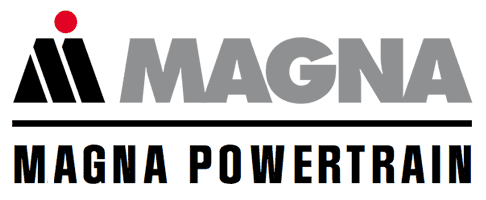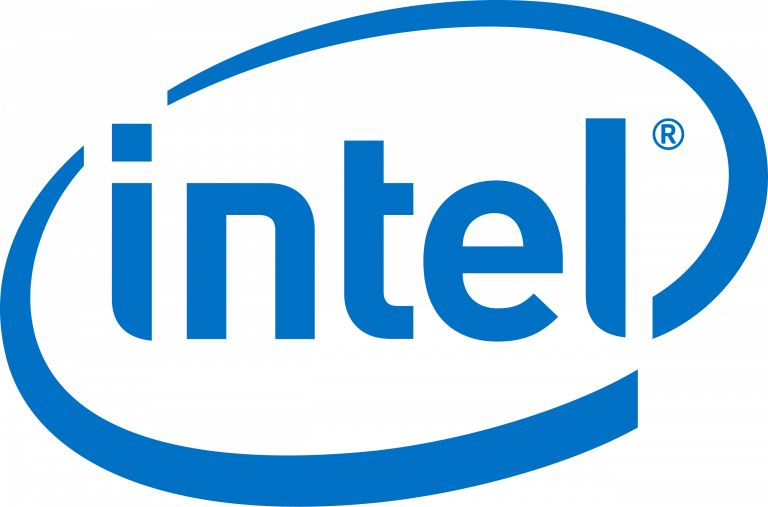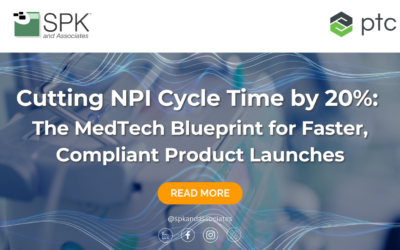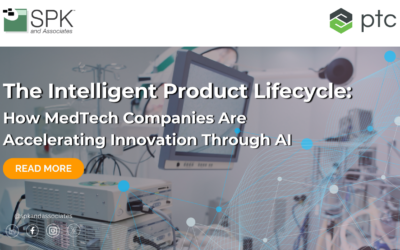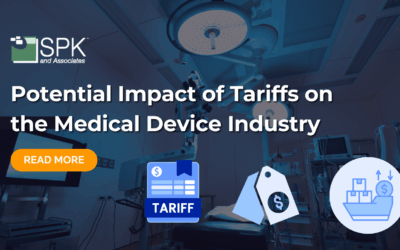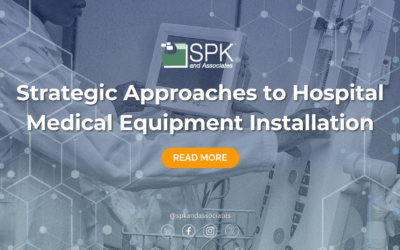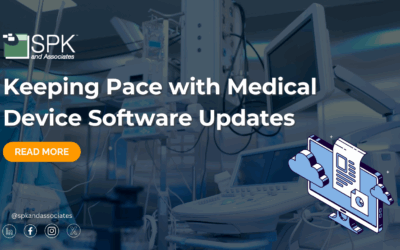Computer Software Assurance Services
Our team is skilled in delivering Computer Software Assurance (CSA) services, training, and critical thinking methodologies. We can help you shape your CSA strategy or design a proof-of-concept program that aligns with your organization’s goals. By assessing your compliance readiness and technological maturity, you gain a clear understanding of where you stand today and what’s needed to advance your people, processes, and technology for long-term competitiveness. Achieving the right balance is key—too little effort risks product quality and patient safety, while too much can overburden Quality and IT teams with unnecessary verification tasks. The goal is a strategic, balanced, and sustainable approach to compliance that not only meets standards but also drives business advantage.
At SPK and Associates, we specialize in helping clients fine-tune, automate, and optimize their GxP processes. With more than two decades of experience addressing the unique challenges of life sciences companies, we bring deep expertise to every engagement. Partnering closely with global health authorities and leading technology firms, we continuously evolve and innovate solutions tailored for the medical device industry—ensuring our clients achieve, maintain, and benefit from the compliance essential to their success.
Our experts can help with CSA! Contact Us Today!
What makes SPK and Associates different?
Customer Relationships
Typically, our clients choose to collaborate with SPK and Associates for an extended period, often spanning over 8 years.
Regulated Industries
20+ years of experience with medical device, aerospace, automotive and other regulated industries
Hardware + Software
Uniquely positioned with years of understanding of both hardware and software product development
Computer Software Assurance vs. Computer System Validation
Computer Software Assurance (CSA) and Computer System Validation (CSV) are both processes related to ensuring the reliability and safety of software systems, particularly in regulated industries like pharmaceuticals, healthcare, and biotechnology. However, they have different focuses and approaches.
Computer Software Assurance (CSA):
- CSA is a relatively newer approach, advocated by regulatory bodies like the FDA.
- It focuses on the assurance of software quality, with an emphasis on risk management.
- CSA is more about ensuring that the software performs its intended functions safely and effectively, and less about exhaustive documentation.
- It allows for a more flexible and risk-based approach, where the level of effort is proportional to the potential impact on patient safety, product quality, and data integrity.
- CSA encourages the use of agile methodologies and automated testing tools to facilitate continuous improvement and more efficient assurance processes.
Computer System Validation (CSV):
- CSV is a more traditional approach, particularly prevalent in industries subject to stringent regulatory requirements.
- It involves a comprehensive process of ensuring that a computerized system does exactly what it is designed to do in a consistent and reproducible manner.
- CSV is heavily documentation-oriented, requiring detailed documentation for every aspect of the system’s development lifecycle, including planning, testing, and operation.
- The process is often seen as more rigid, requiring extensive manual testing and validation protocols.
- CSV can sometimes be more time-consuming and resource-intensive due to its emphasis on detailed documentation and thorough testing for all parts of the system, regardless of their impact on patient safety or product quality.
In summary, CSA represents a more modern, risk-based approach focused on software quality and efficacy with an emphasis on flexibility and efficiency, while CSV is a more traditional, documentation-heavy approach ensuring that a system consistently performs according to its intended use.
Related Medical Device Resources
Cutting NPI Cycle Time by 20%: The MedTech Blueprint for Faster, Compliant Product Launches
For companies in the highly regulated medical device industry, speed to market is directly tied to patient impact and competitive advantage. However, many MedTech organizations continue to struggle with long, unpredictable New Product Introduction (NPI) cycles. ...
The Intelligent Product Lifecycle: How MedTech Companies Are Accelerating Innovation Through AI
Medical device companies are facing unprecedented pressure. Regulatory expectations continue to rise, product and software complexity are accelerating, and embedded software is now central to nearly every device. At the same time, patients and providers demand faster...
Modernizing Life Sciences: Unlocking Value Through Digital Transformation
Biopharma and medtech leaders are under constant pressure to accelerate clinical development and satisfy increasingly demanding regulators. Digital transformation is the way to do this. This doesn’t just mean adopting new tools, but rather rethinking how science,...
Potential Impact of Tariffs on the Medical Device Industry
As the medical device industry continues to innovate at breakneck speed, it now faces a new headwind: sweeping tariffs introduced in 2025 by the U.S. government and mirrored by key global trade partners. These changes are creating a ripple effect across the global...
Strategic Approaches to Hospital Medical Equipment Installation
Successful medical equipment installation in hospitals requires continuous stakeholder engagement, infrastructure readiness, testing and training, and continued maintenance. When done properly, staff can quickly and easily use the devices, directly elevating patient...
Keeping Pace with Medical Device Software Updates
As more and more software permeates products being released today, being able to update that software over time is an important part of the product lifecycle. In the case of medical device software updates, these are essential for keeping devices safe. From infusion...




